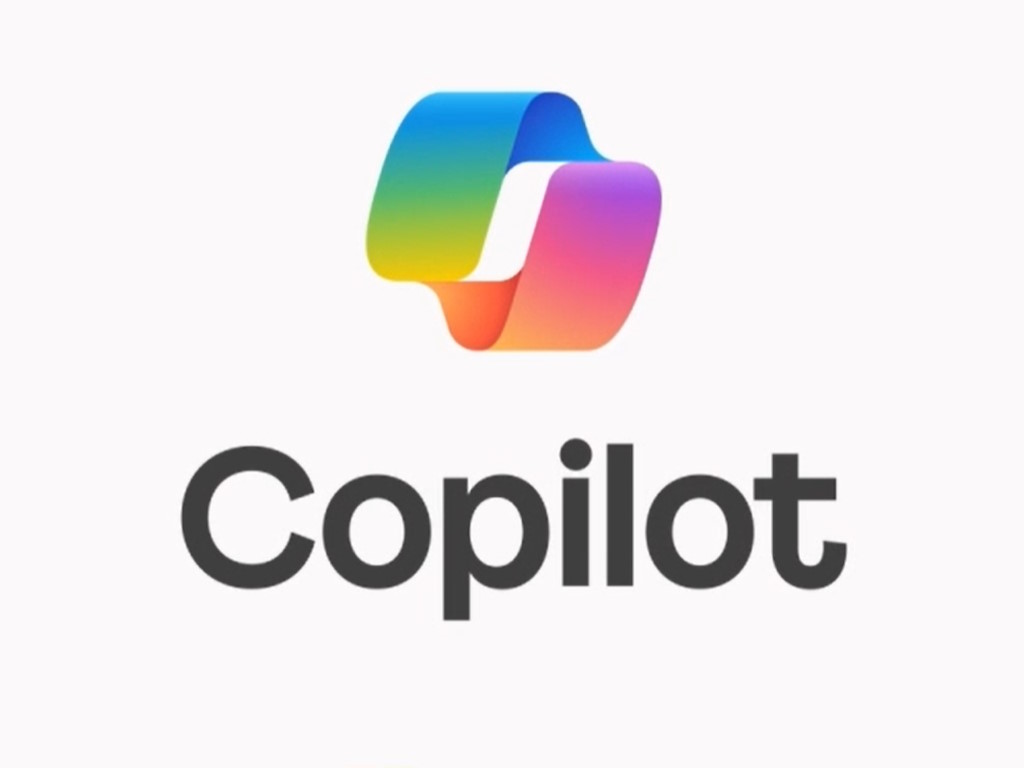xAI has recently introduced an image generation feature to Grok, marking a significant enhancement for the platform. Currently, this feature is accessible to X users in select countries, with a worldwide launch anticipated in approximately one week.
Advanced Image Creation
The image generator, which was originally named Aurora, is now integrated into the Grok family. It employs a sophisticated autoregressive mixture-of-experts system that has been trained on billions of examples sourced from the internet. In simple terms, it can foresee the next pieces of information by merging text and visuals, enabling it to produce far more lifelike images than before.
Enhanced Functionality
However, the capabilities extend beyond just generating images from nothing. This system can also modify existing images, allowing users to adjust them or draw inspiration for new designs. According to xAI, the model excels particularly in areas where other generators tend to falter, such as accurately rendering text, logos, and human faces.
Continuous Improvement
This update follows the launch of Grok 1.5V in April, which provided the platform with its initial experience in visual processing. xAI has plans for ongoing improvement—currently, they are enhancing their Colossus supercomputer located in Memphis, which already boasts 100,000 Nvidia H100 and H200 GPUs, with intentions to soon double that capacity.
The timing of this release is noteworthy, especially since OpenAI has just unveiled its own video generation model, Sora. This development highlights the intensifying competition in generative AI among major industry players.
Source: Link











